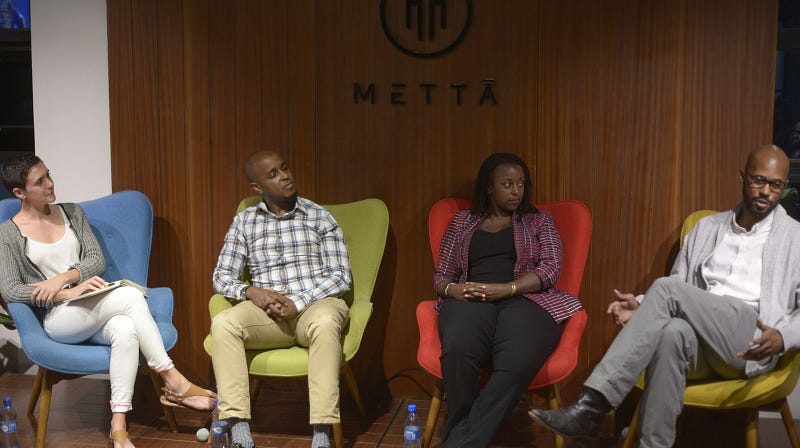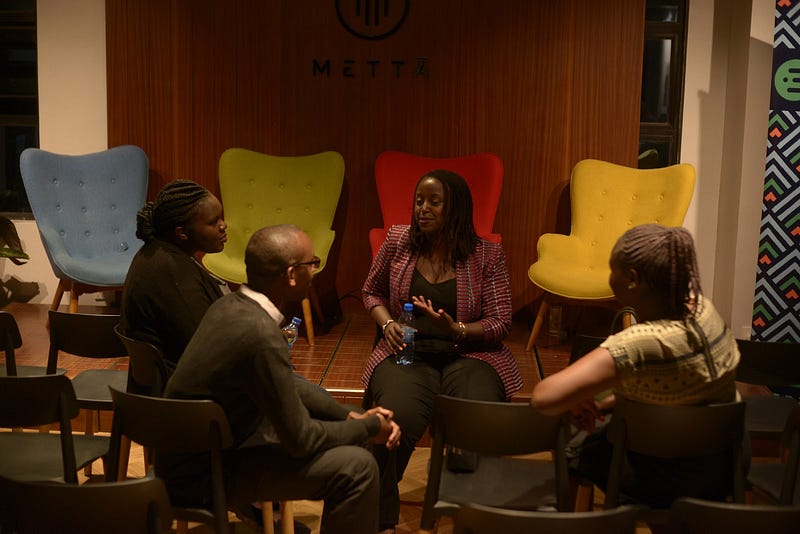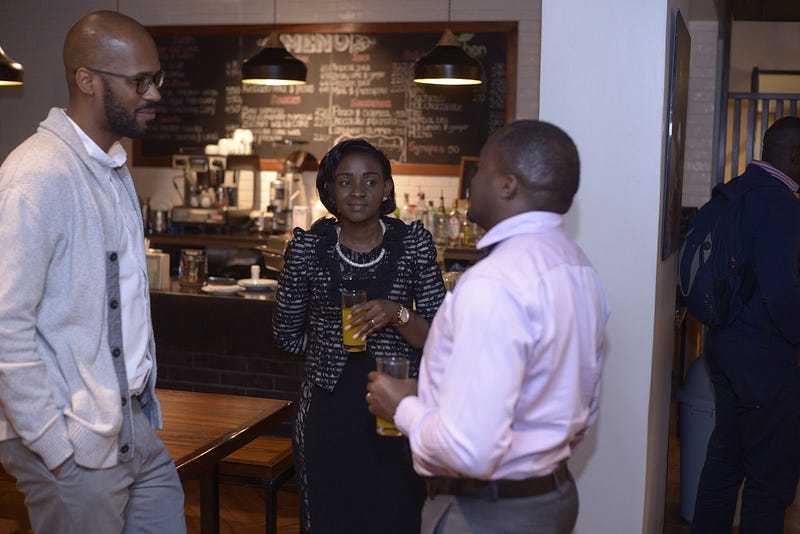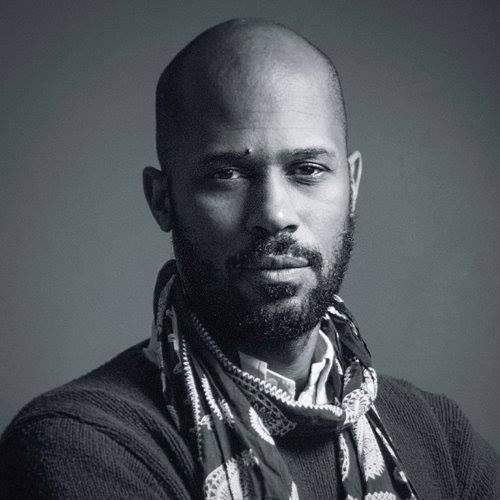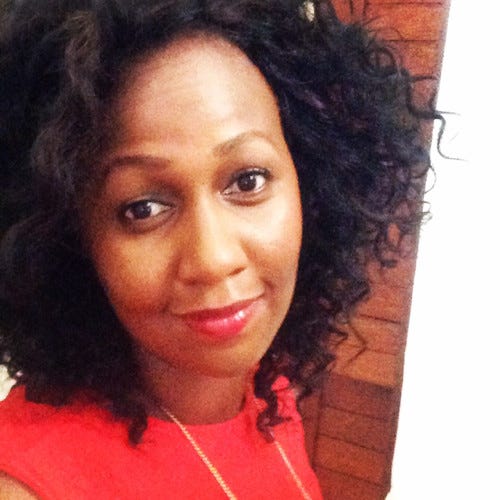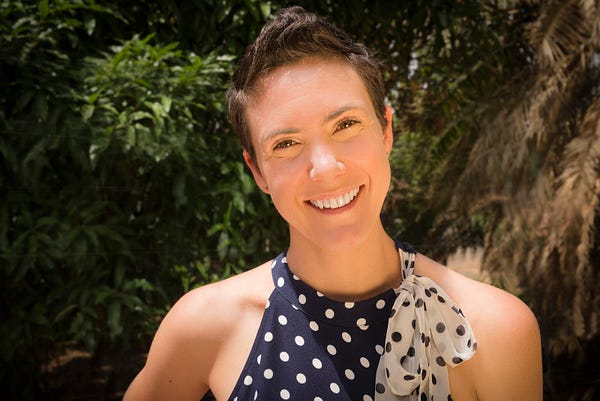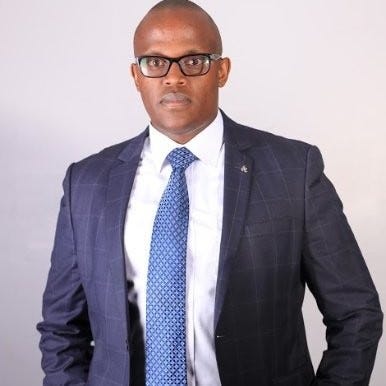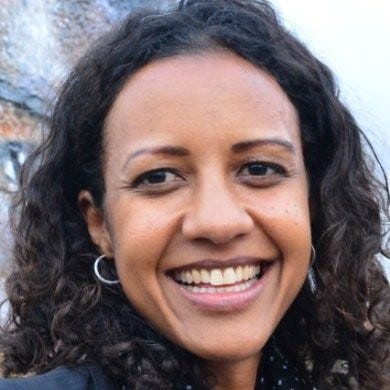There are many potential paths to take on the quest for professional growth, including on the job training, pursuing a graduate degree or professional certification, and seeking mentorships. At one of our recent candidate events in Nairobi, we invited three experts in finance to hear their take on career growth. Mentorship was one of the primary areas they emphasized including how to find a mentor who is perfect for you.
Why learning how to find a mentor is important
“Mentors are supposed to help you make the right decision at the right time to enable you to grab the rare opportunities, “ said Job Muriuki, the CEO of Momentum Credit. Job noted that the pivotal decisions young professionals make in their twenties can make this the most crucial phase in their personal and professional lives (no pressure!). One thing we all can agree on is that we don’t necessarily have all the experience it takes to make these massive decisions on our own.
Learning how to find a mentor can provide you with someone to guide you in making the right choices, since they have been at the phase you are in and know what you should put more effort in and what to avoid. “Opportunities are not as easy to get — especially in a market like Kenya. It’s therefore important that you meet someone to help you make those big decisions,” added Job.
We acknowledge that mentorship is an excellent way to develop skills we don’t have yet, tap into new networks and improve both our personal and career goals. So what are the characteristics you should look for in a mentor?
Do you have a genuine connection with your potential mentor?
Some companies or training programs assign young professionals a mentor within a formal system. But according to Sharon Olende, Senior Advisor at Lendable, mentorship ideally shouldn’t be a match-up programme decided by a third party. Instead, it should be a natural relationship that evolves from shared interests and a genuine accord. “You have to have that relationship with someone; you will later come to a mentor/mentee relationship, but I think a natural fit with your possible mentor comes first, and it might be with several people,” she said. “It’s important to have that natural camaraderie.”
Many people think that they ought to ask the most senior or impressive person possible to be their mentor. However, it is more important to choose someone you are comfortable spending time with. Being relaxed will allow the two of you to easily communicate and guarantee a long-lasting, mutually enjoyable relationship. It will also allow your mentor to feel comfortable occasionally giving you constructive or difficult feedback, along with the positive.
What are you looking to gain from your potential mentor?
Next, you should think about what you are looking to achieve from this mentorship. For example, do you want to grow in your current function or are you hoping to switch to a different industry? Peace Osangir, COO of Kopo Kopo, suggests asking yourself, “Am I looking for career advancement? Am I looking to shift fields? Am I looking to move up? And who in my network can help successfully navigate that? Do we gel?”
“It may not necessarily be someone above you, it could be your peer, but they’re really good at something you need support in. It’s important for you to know what you’re looking for,” she added.
Once you’re clear with yourself about what you’re looking for, you’ll be able to understand how to find a mentor by defining the type of person you should seek out. Further, laying down clear expectations with your mentor not only helps to keep your meetings productive but also shows your level of seriousness with the relationship.
Panellists at the event; L-R Sharon Olende, Peace Onsagir, Job Muriuki and Ariane Fisher, Managing Director at Shortlist moderating the panel
Are they trustworthy?
You may end up sharing a lot with your mentor. For example, you may come to them if you’re having issues with your manager, need advice based on a not-yet-public development within your company, or are considering leaving your job. It is therefore vital to ensure that you pick a trustworthy mentor who will respect the confidentiality of your discussions.
Peace noted, “it should be someone who knows how to keep confidential information confidential — that’s important. You don’t want to have a private conversation about your family or your life and next they’ve repeated it.”
“My mentor is like my brother. We talk about family, business, life, faith, everything,” said Job.
A section of attendees at the event
Have they succeeded in a field(s) you are interested in?
It is essential when focusing on how to find a mentor you reach out to someone who has excelled in the areas you are interested in. This does not mean focussing only on the years of experience or title of your possible mentor though. You should go for an individual with the expertise to help you with your journey and bring the best out of you. This will ensure you are able to learn new perspectives to incorporate into your current routine to get better.
Is your mentor different from you?
While commonality could be great, it could be useful to have a mentor who comes from a more diverse background for various reasons such as learning skills you don’t have yet or to get different perspectives on ideas. According to Sharon, one guide for learning how to pick a mentor is selecting someone diverse. “Look for a mentor who is different from you. Check-in your community, it could be someone you go to the same church with, look everywhere!” she said.
Do they have time for you?
It’s crucial to ensure your mentor is not too busy for you. Are they able to set aside some time in their schedule to help you get where you need? “They may be fantastic, check all the boxes, but they’re just very busy. It’s a balance of time,” said Peace.
Remember that this is a two-way street; you also have to ensure you are not too busy to be mentored. Show up to the meetings on time, attend events your mentor invites you to and complete any tasks assigned to you in good time.
Learning how to find a mentor who is perfect for you, does not have to be hard. Lay down the areas you need help with and pick someone who can give valuable advice throughout the journey. Ensure that you gel, they have time for you and that they are trustworthy. And yes, you can have more than one 🙂
How did you pick your mentor? Let us know!
In the meantime, here’s another article that might interest you: Two HR leaders weigh in on building relationships with mentors






 First, we spoke to
First, we spoke to 

